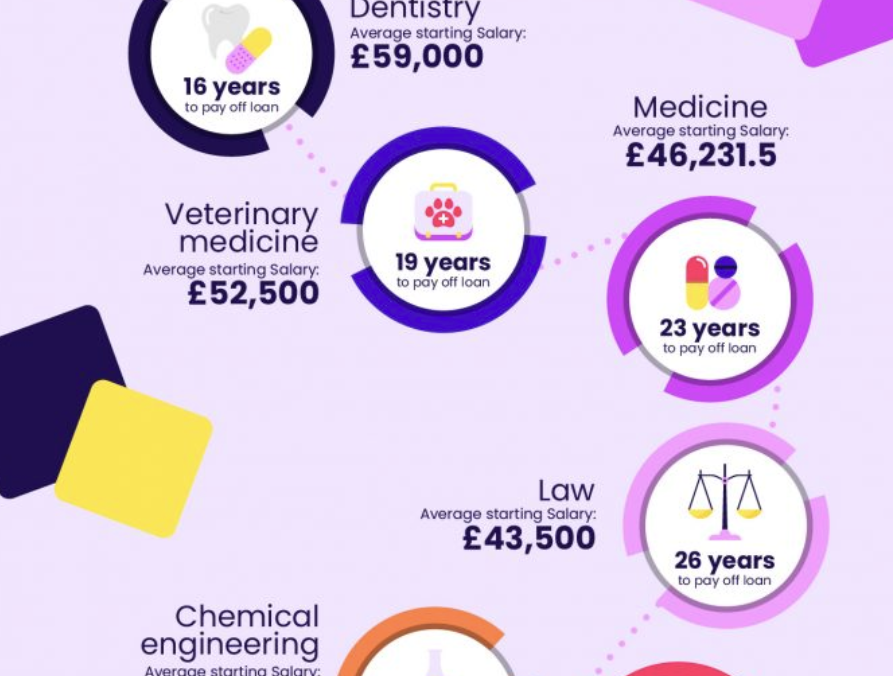One of the trickiest things about climbing the ladder is finding a healthy work-life balance. You want to impress your boss. You want to achieve as much as possible. But you also need to know where to draw the line. If you don’t, you’ll end up suffering from burnout.
But what is burnout at work? How do you know if you’re working too hard? Let’s take a look at all the signs you’re experiencing work burnout.
What is professional burnout?
Burnout is when you’ve worked yourself to the point of exhaustion. You no longer have the physical or mental willpower to carry on working. As a result, your energy levels are low… and so are your motivation levels.
6 signs you’re working too hard
Losing sleep
Is the thought of work keeping you up at night? If so, you’re definitely overworked. Sleep is an essential part of your daily routine. But when you’re stressed or anxious, your sleep can get disrupted.
Working through your lunch
Skipping lunch to carry on working is a definite sign of burnout. It shows you’re so busy, you can’t even afford to spare 30 minutes for yourself.
Working after hours
Most full-time employees work 36.5 hours per week. But what happens if you start early and stay late everyday? You’ll soon end up doing 50+ hours per week. This is going to lead to burnout. Switching off after work is a must.
You dread going into the office
If you dread starting work, it could be because you’re burnt out. Nobody should feel dread everyday before work. Feeling like this will soon run you into the ground.
Feeling overwhelmed
Are you overwhelmed by the amount of work you have to do? Does it feel like you’ll never reach the end of your to-do list? This isn’t a healthy way to feel. Overwhelm can stop you from doing anything at all!
Falling sick (immune system is low – rest is important)
If you keep getting sick, it may be because of burnout. Feeling overworked lowers your immune system. So you’re more prone to getting sick. If you keep getting run down, it’s probably time you spend more time on your self-care.
How to avoid burnout at work
Rest well
Getting 7-8 hours of uninterrupted sleep every night is key to looking after your mental health. Avoid electronics 2 hours before bed – this is known to help you sleep better at night!
Take your breaks
Commit to your break times. Remind yourself that taking a break is going to help you perform better. It’s a bit like switching off your computer when it starts to lag. It performs better after a quick rest!
Focus on one task at a time
Force yourself to only focus on one task at a time. Doing too many things at once only creates distraction and overwhelm.
Ask for help
Take a little pressure off yourself by asking for help! That’s what teammates are for. Speak to your manager about how you’re feeling. They should make some changes to help you manage your workload better.
Set boundaries
Boundaries are an important part of managing burnout. You can’t always say ‘yes’ to every task. You need to learn to say ‘no’ too. It’s also important you switch off from work at the end of the day. Be strict with yourself. Leave on time. Turn off your notifications and don’t check your work emails.
Practise meditation
10 minutes of meditation per day can totally transform your day. Even when you’re feeling stressed, meditation can be a great coping tool.
Self-care for the win
Self-care at work isn’t always easy. But it’s an absolute must. Especially if you’re feeling burnt out. If you dread going into work or are low on energy, maybe it’s time to make some changes.
Looking for a better work-life balance? Browse over half a million jobs on the SonicJobs app today!













